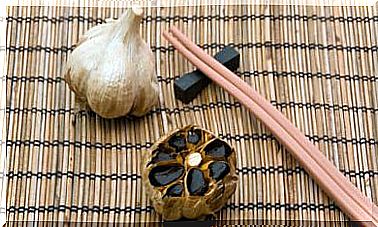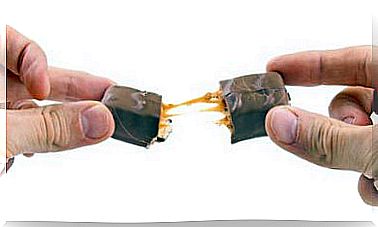Hypocalcemia: What Is It And What Is Its Treatment?
Hypocalcemia is diagnosed when there is a deficit of calcium in the blood. Today we will inform you about how this problem is diagnosed and treated.
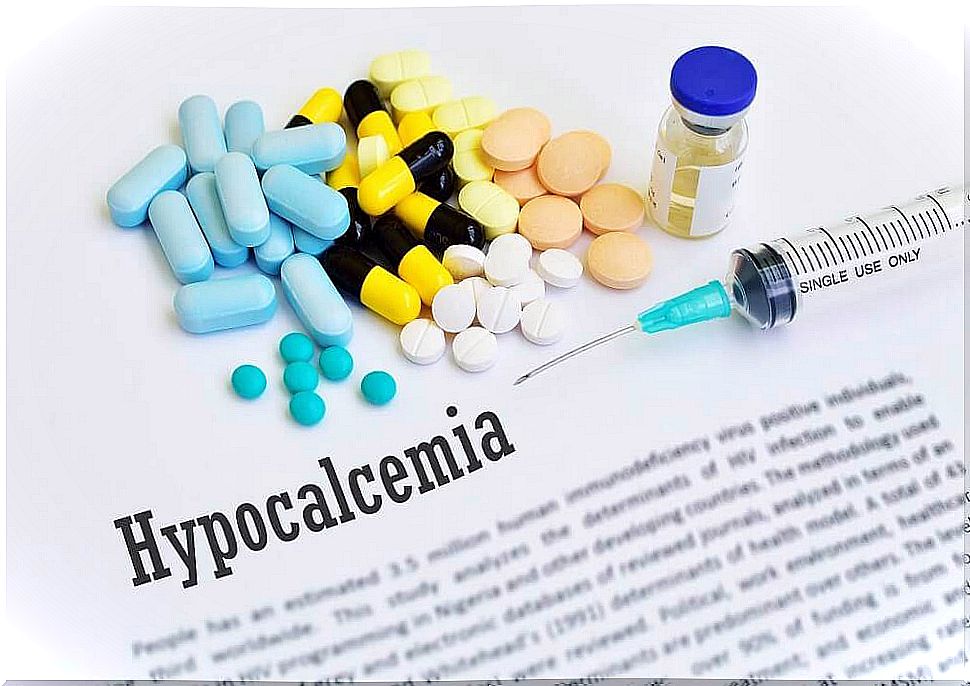
Calcium is one of the essential minerals to maintain optimal health. However, if your blood levels are too low, you may be suffering from hypocalcemia; a disease that is quite common.
What are your symptoms? What treatments can the doctor prescribe? Next, we detail the main questions in depth.
Knowing hypocalcemia
Calcium has two important functions at the intracellular and extracellular level, as pointed out in the article “Pathologies of Calcium Metabolism “ of the Spanish Association of Pediatrics.
- Intracellular level : it is involved in various enzymatic reactions and is important for the transmission of nerve signals.
- Extracellular level : it is important for endocrine secretion, coagulation and the neuromuscular plaque.
These two levels must be taken into account, since many of the symptoms of hypocalcemia are related to them.
What are your symptoms?
Hypocalcemia usually appears due to a lack of vitamin D, if you suffer from chronic kidney disease or if you have a serious blood problem; such as a diagnosis of leukemia.
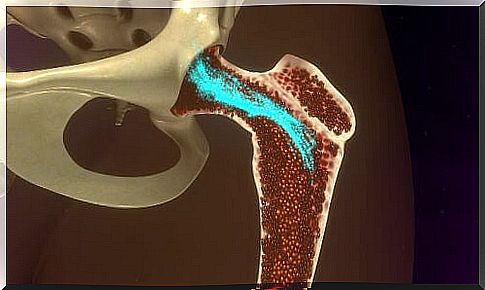
In these cases, the main organs that will begin to suffer from this calcium deficiency in the blood will be the bones, intestines and kidneys. Also, experts explain that this problem is accompanied by the following symptoms.
- Increased excitability of the neuromuscular plate : spasms occur in the muscles that can be quite painful. They usually affect the muscles of the extremities. This is known by the name of tetany.
- Fatigue and weakness: patients are much more tired than usual. This may be due to diarrhea and sudden weight loss that often occurs when suffering from this disease.
- Psychosis and anxiety : These two symptoms are quite common. Patients begin to show a change in their sense of reality, followed by several anxiety attacks.
- Paresthesias : Patients (in addition to spasms) may feel tingling, numbness, and burning in different parts of the body. Sometimes they are also able to notice stabbing pains.
These are just some of the symptoms that accompany hypocalcemia, however, there are others such as arrhythmias or hypotension. Therefore, being under medical consultation will be essential to receive a reliable diagnosis and start treating this disease.
Which is the treatment?
As explained in the following article published by the Journal of Clinical Investiga Update , to check if a person has hypocalcemia, a blood test should be done. In this way, the doctor will be able to know if it is necessary to start treatment for this disease (in addition to detecting the type of hypocalcemia you are suffering).
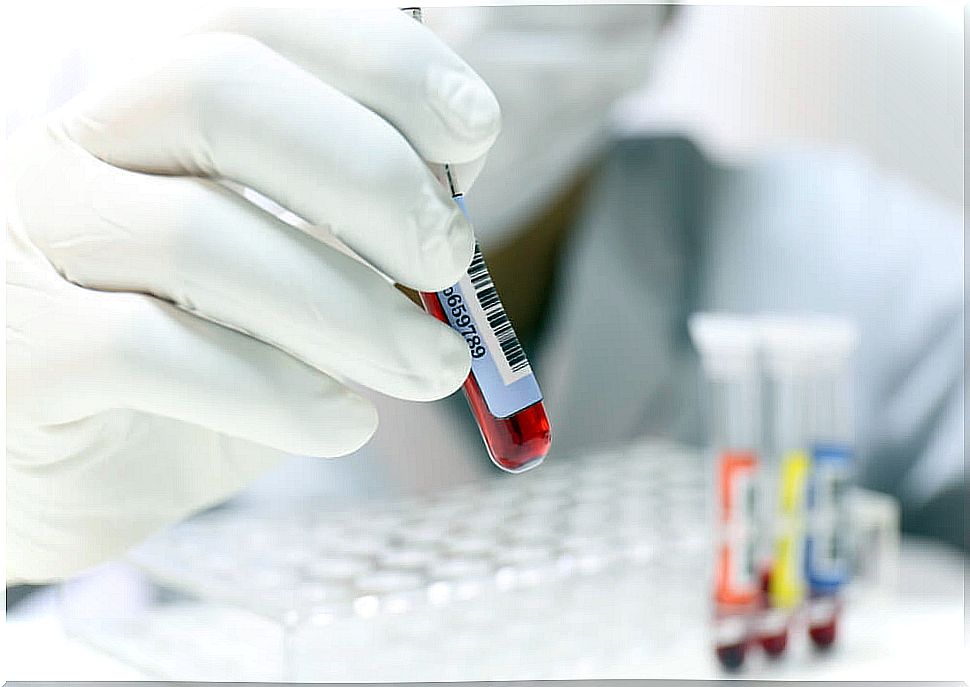
Acute hypocalcemia
This first type of hypocalcemia has a severe character. For this reason, it is usually treated urgently with calcium gluconate; a way to administer this mineral intravenously.
While the patient receives the treatment, he must be monitored and controlled at all times. The reason for this is that it can cause cardiac arrhythmias.
Chronic hypocalcemia
This second type of hypocalcemia is different from the previous one. It is called “chronic” because the patient has serious problems stabilizing and balancing his blood calcium levels. In addition, you suffer from the disease for an extended period of time.
For this reason, you need continuous monitoring; as well as taking calcium and vitamin D supplements by mouth. Although it is not as serious as the previous one, it requires a follow-up to be able to control the levels of the mineral.
These controls are carried out on a weekly basis when the diagnosis is received. Afterwards, they will be spaced each month until they reach 3 months. Like people who suffer from hypo or hyperthyroidism, hypocalcemia patients must attend all their check-ups as directed by the doctor.
In chronic hypocalcemia there is no risk of arrhythmias, but kidney stones can appear. Along these lines, the way to solve this is by keeping a check on the salt consumed in the diet.
Detect hypocalcemia early
Have you ever been diagnosed with hypocalcemia? With which of the two types mentioned? We hope that this article has allowed you to get a little closer to this disease that many people suffer from, but whose name is not entirely known.
Likewise, if you feel identified with any of the symptoms described, it is important that you go to the professional. He will evaluate you to provide you with appropriate treatment.



